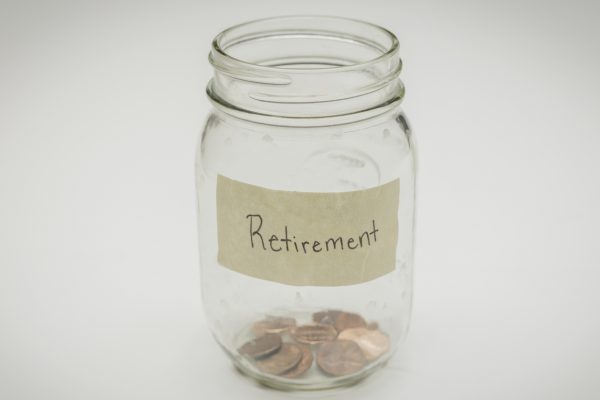Brewing Pension Crisis Could Put Retirements for Many Americans on the Line
There’s a pension crisis brewing in the United States. Those who are saving for retirement, beware. You see, pension funds at the city and state levels across the U.S. are severely underfunded.
There are a lot of questions about what needs to be done about this problem. A few developments could make the problems much bigger.
For example, the Michigan state treasury department is asking more than 100 cities, counties, and townships to develop plans to make sure that the retirement benefits they have promised to employees and retirees are paid. (Source: “More than 100 Michigan municipalities to submit pension crisis plans to state,” Michigan Radio, May 18, 2018.)
Why? Because a massive number of Michigan municipalities have pension funds that are underfunded, meaning they don’t have enough money to meet their obligations.
It will be interesting to see how the Michigan state treasury department deals with those pension funds.
Colorado Just Passed a Bill That Takes a Toll on Those Saving for Retirement
Also consider Colorado.
Colorado lawmakers just passed a bill that’s going take a toll on those who are saving for retirement. Nobody wins with that bill. Mind you, Colorado’s state pension funds have underfunded liabilities in the range of $32.0 billion to $50.0 billion.
The state bill is going to cut retirement benefits and require public employees and taxpayer-funded agencies to contribute more to the state pension fund.
The Colorado state would also bail out the pension fund; it would contribute $225.0 million annually to bring down the underfunded liabilities. (Source: “The Latest: Colorado legislature concludes with pension deal,” St. Louis Post-Dispatch, May 10, 2018.)
A Pension Crisis Could Lead to an Economic Crisis
Dear reader, what’s happening with pension funds across cities and states around the U.S. is important to watch. This is a bold statement, but it’s worth making: A pension crisis could lead to an economic crisis.
Let’s take the recent bill passed by Colorado, for example.
According to the bill, employees will be required to pay more. This could really have an impact on how they spend. For example, if public employees are suddenly required to pay $100.00 a month extra, that’s $1,200 a year less they will have to spend.
Keep in mind, at the time of retirement, they could be getting fewer benefits than they would have had before.
Now, imagine what happens if all the states that have massively underfunded liabilities do what Colorado is doing. What if the Michigan state treasury department recommends that the municipalities’ pension funds cut benefits?
This sort of solution to a pension crisis could have two major consequences:
- The confidence of those approaching retirement age could be hurt badly.
- Assuming that employees are forced to contribute more to the pension funds, it impacts the overall consumption in the U.S. economy. Remember, consumption amounts to roughly 70% of the entire U.S. gross domestic product (GDP). If it declines a little, the U.S. economy suffers a lot.
Obviously, with time, we will know more.
I will leave you with some food for thought: Over the past few years, the markets have shown solid performance. Despite this, we have pension funds that are severely underfunded. What will happen if we get a massive stock market crash or a bond market crash in the next few years?






